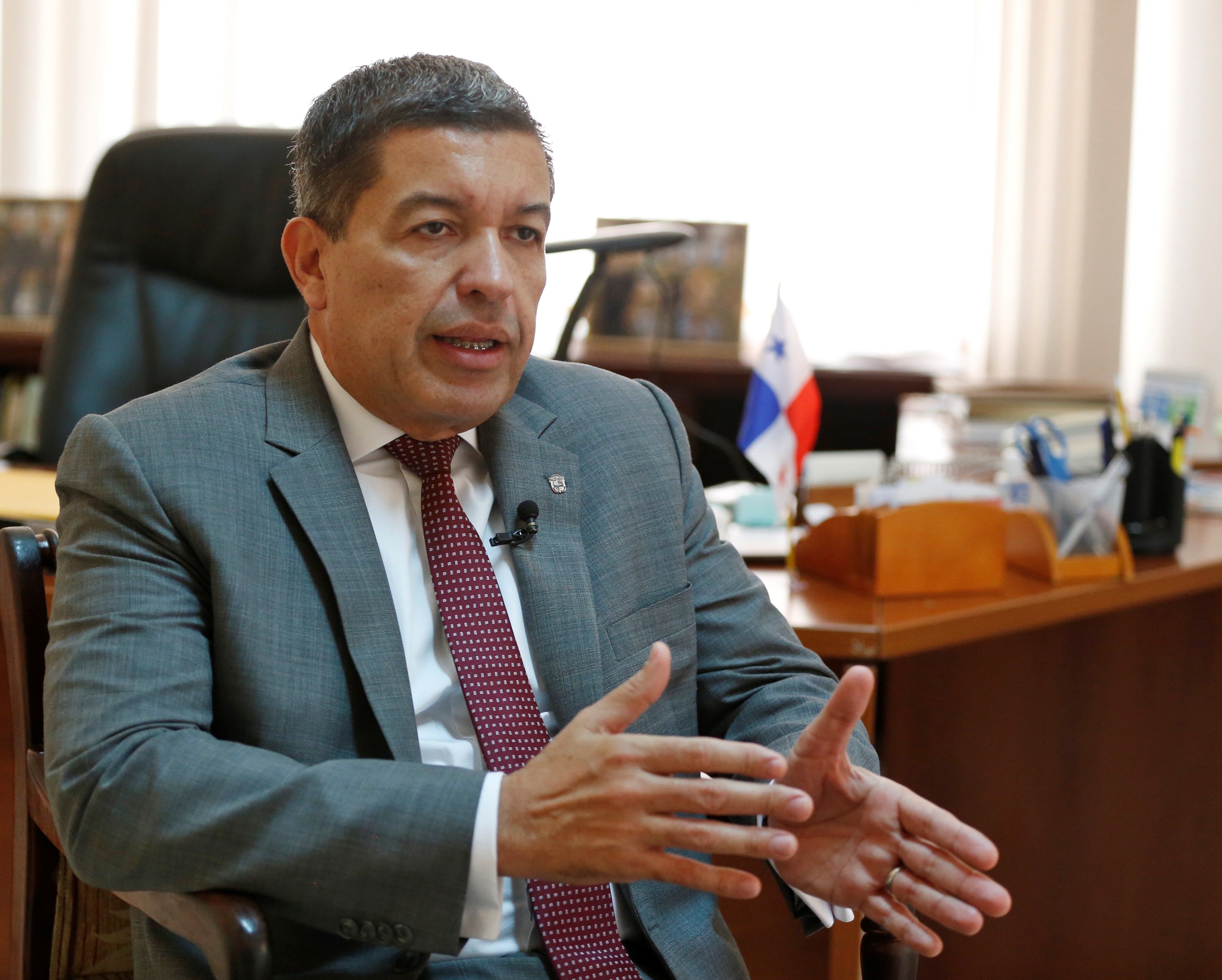
Cuban entrepreneurs excited about visa-free access to Panama
News that Panama is creating a card allowing Cubans to enter the Central American country without a visa has been greeted with enthusiasm on the island, especially among entrepreneurs struggling with the absence of wholesale markets and suppliers in this officially socialist country.
While known as the "tourism card," the permit is likely to be used by many Cubans for shopping expeditions to Panama's Colon Free Zone (ZLC).
For Cubans trying to get a small business off the ground, the ZLC can be a source of equipment and raw materials they can't obtain on the island.
Alongside the aspiring entrepreneurs are Cubans who have found a way to earn extra money by buying motorcycles, appliances and other coveted items in Panama to re-sell in Cuba at a 300 percent markup.
In a calendar year, a Cuban citizen returning from Panama can bring back the equivalent of two motorcycles, two air conditioners, a minibar and 70kg (154lbs) of small items such as clothing, medicine and hygiene products, and paying the import duty in their own currency.
CONTENIDO RELACIONADO
Duties on purchases beyond that limit are levied in dollars.
The money earned from re-selling the goods in Cuba is usually enough to cover the cost of the first trip and a second one, as well as supplement the average monthly wage of $30.
Figures from the Panama Tourism Authority show that 9,063 Cubans entered the ZLC last year, nearly double the number in 2016 and three times as many who made the trip in 2013, when Havana scrapped the requirement for an exit permit.
"There is a lot of interest," Panama's ambassador to Cuba, Max Lopez Cornejo, told EFE.
Regarding the possibility that some Cubans who travel to Panama on tourism cards would seek to remain in the Central American country, he noted that all 3,000 of the Cuban citizens who received Panamanian visas since Sept. 1 returned to the island.
"We trust that Cubans come to know Panama, to pursue tourism, to make the purchases they need for themselves, and equally to return to their country as they are doing up until this moment," Lopez Cornejo said, adding that Panamanian authorities will monitor the new system to prevent abuses.
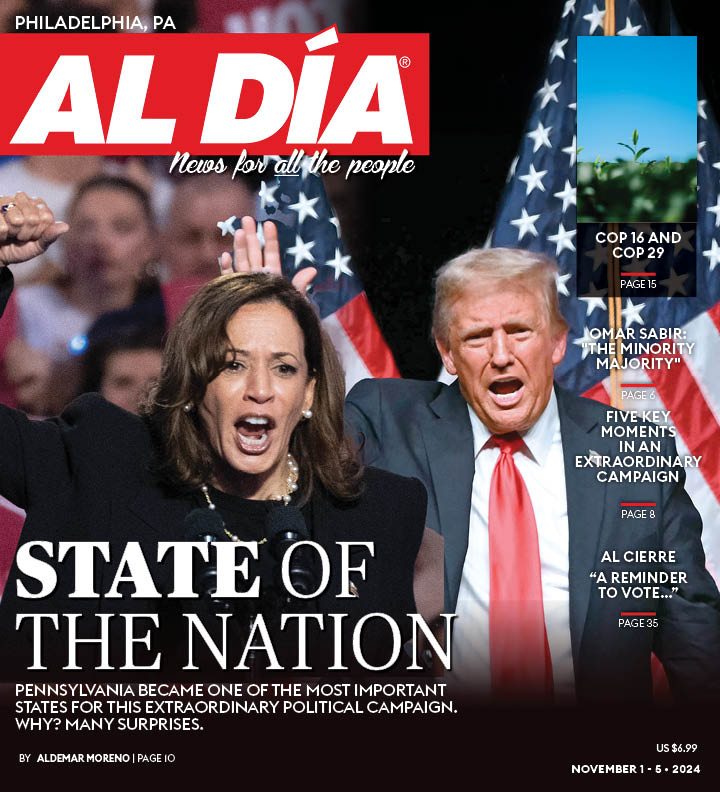

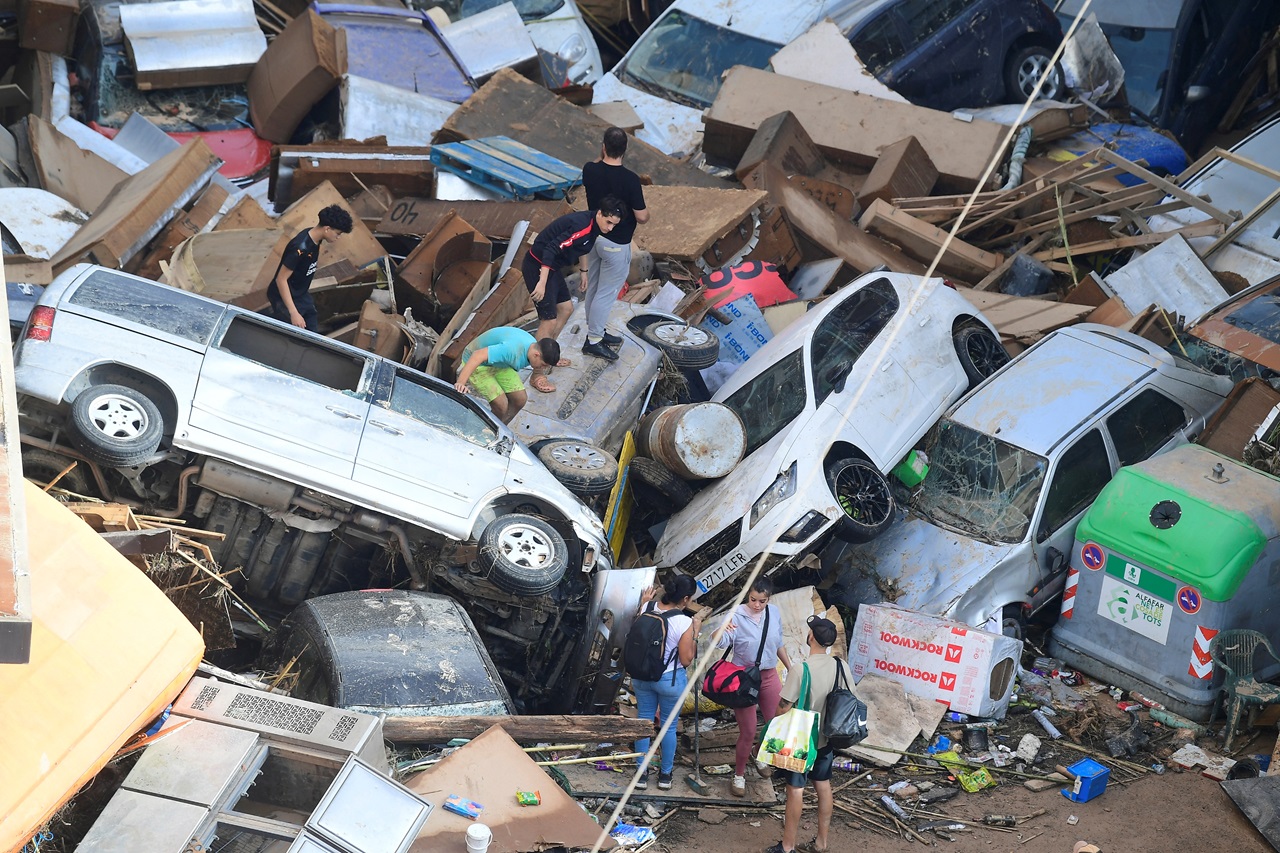
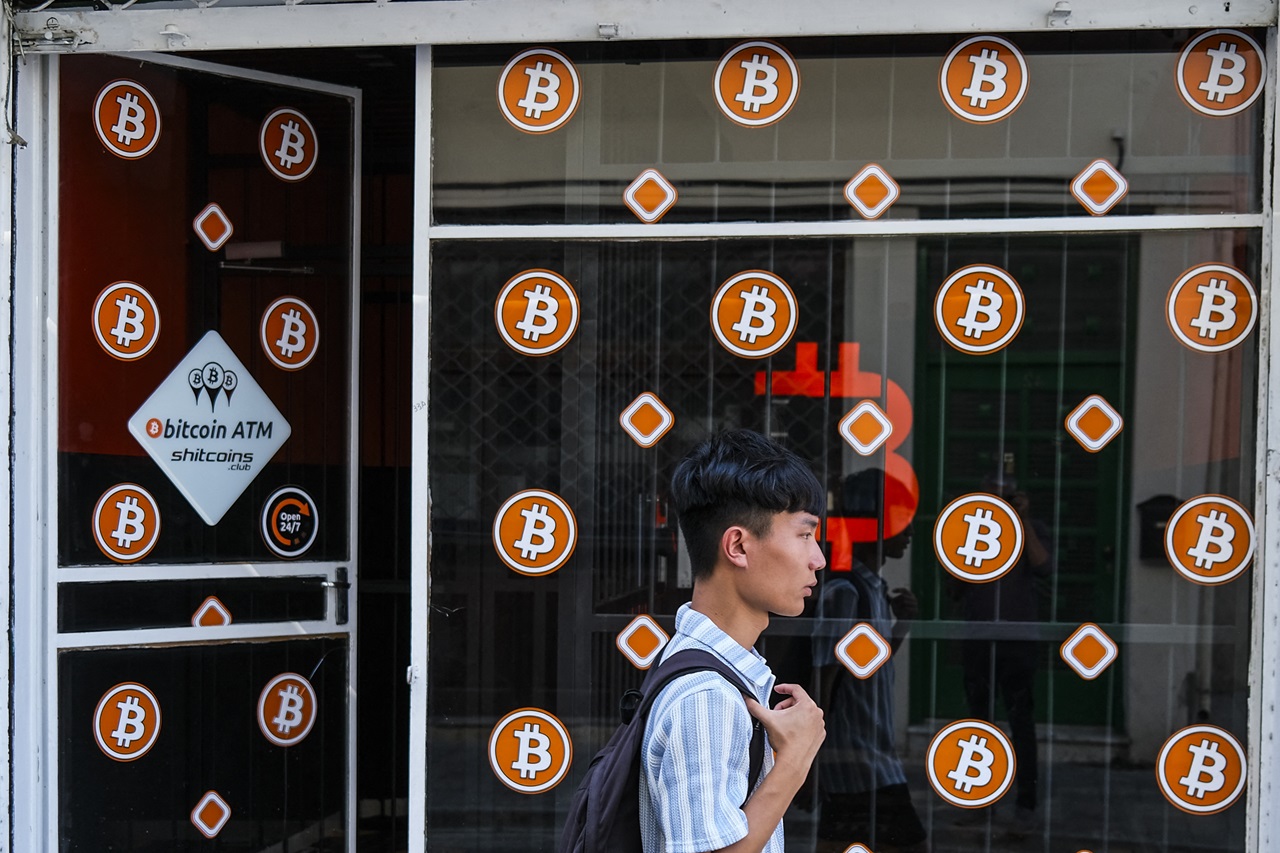
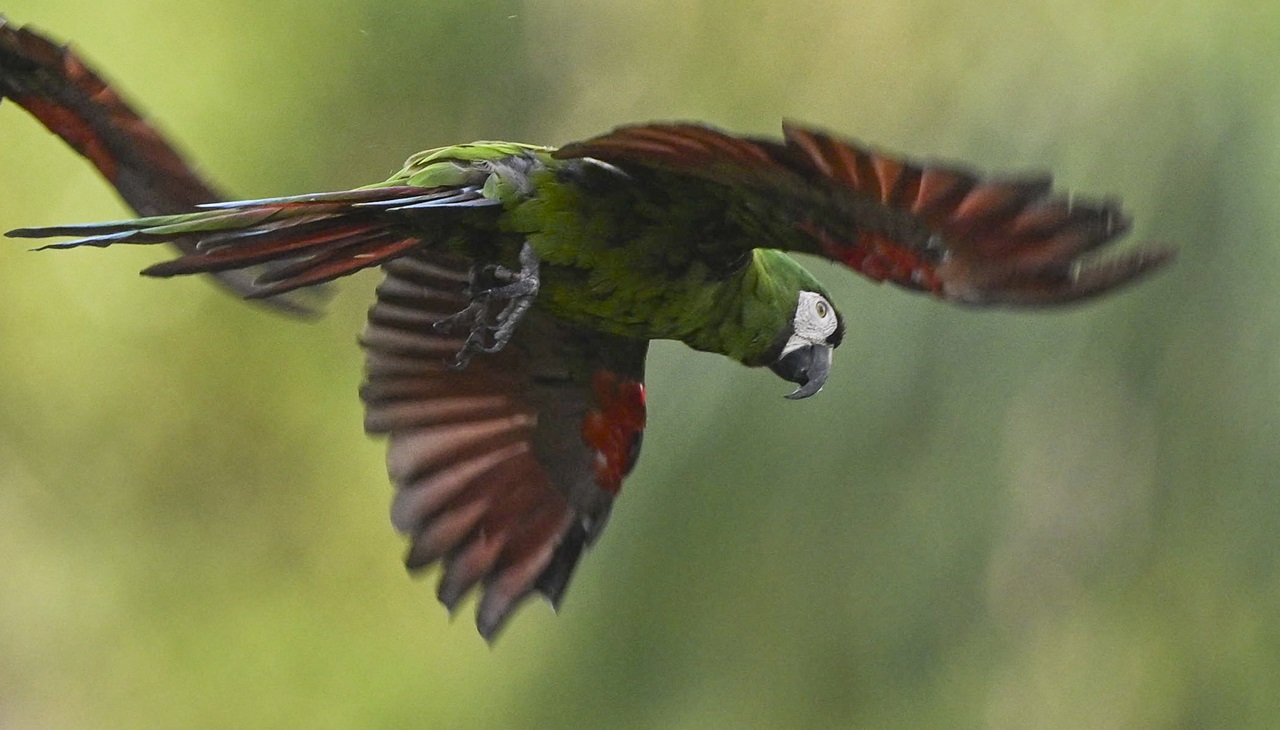
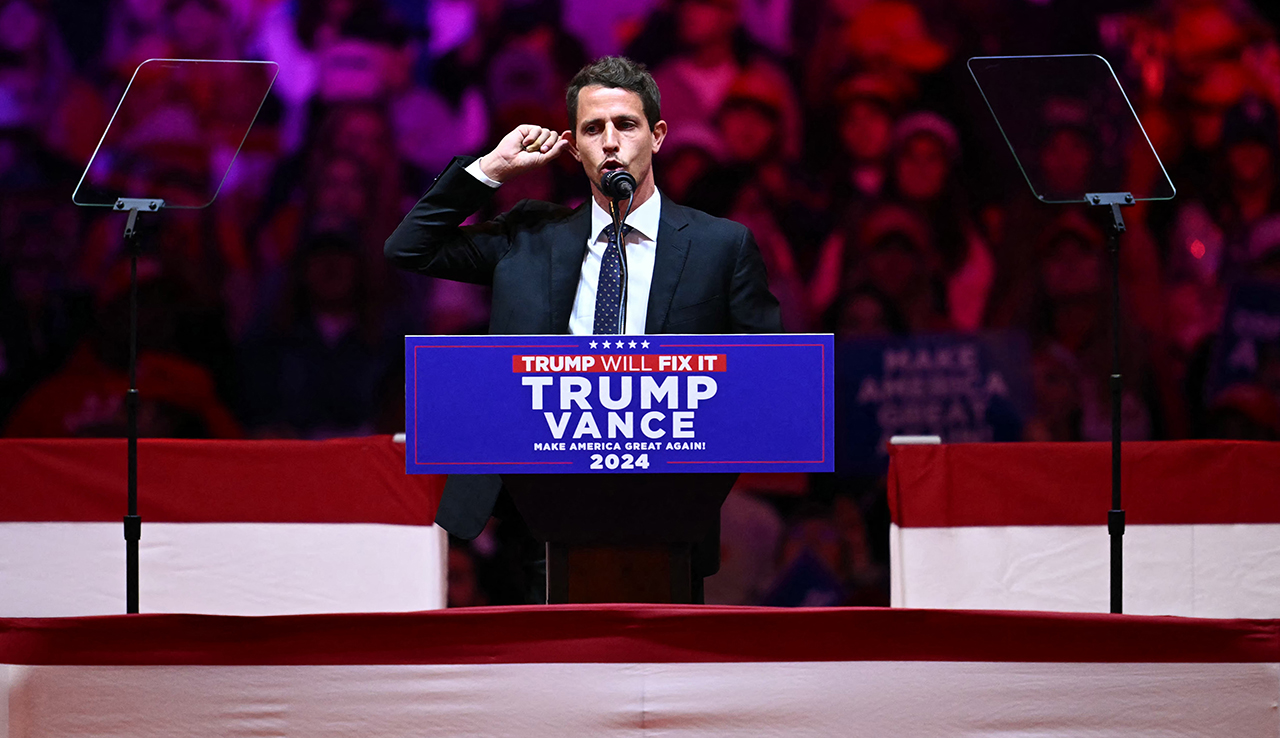
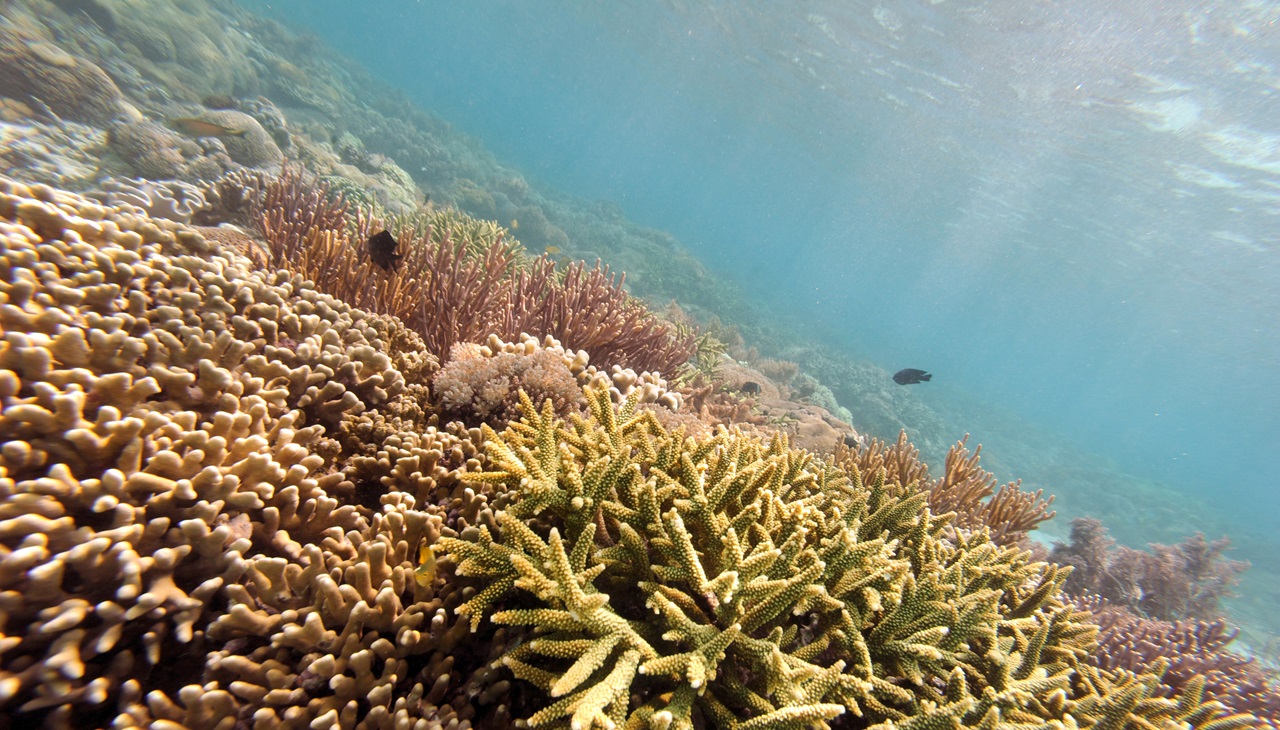
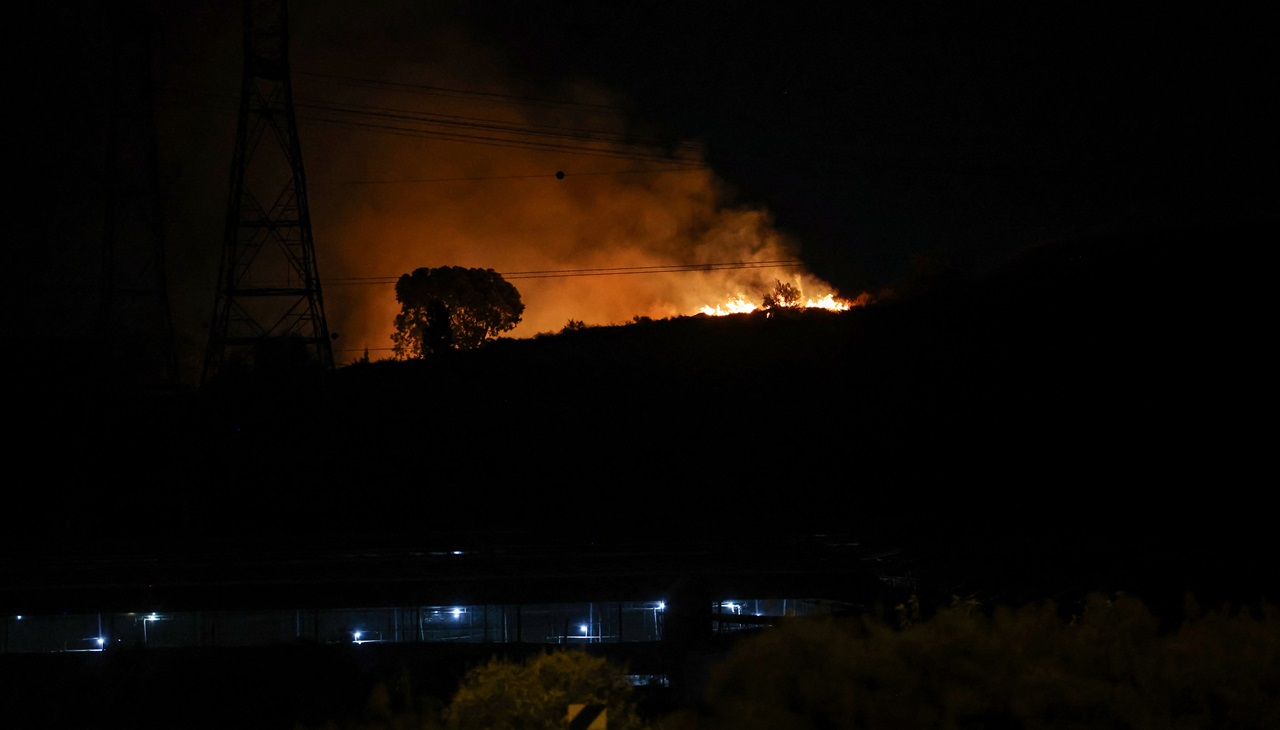
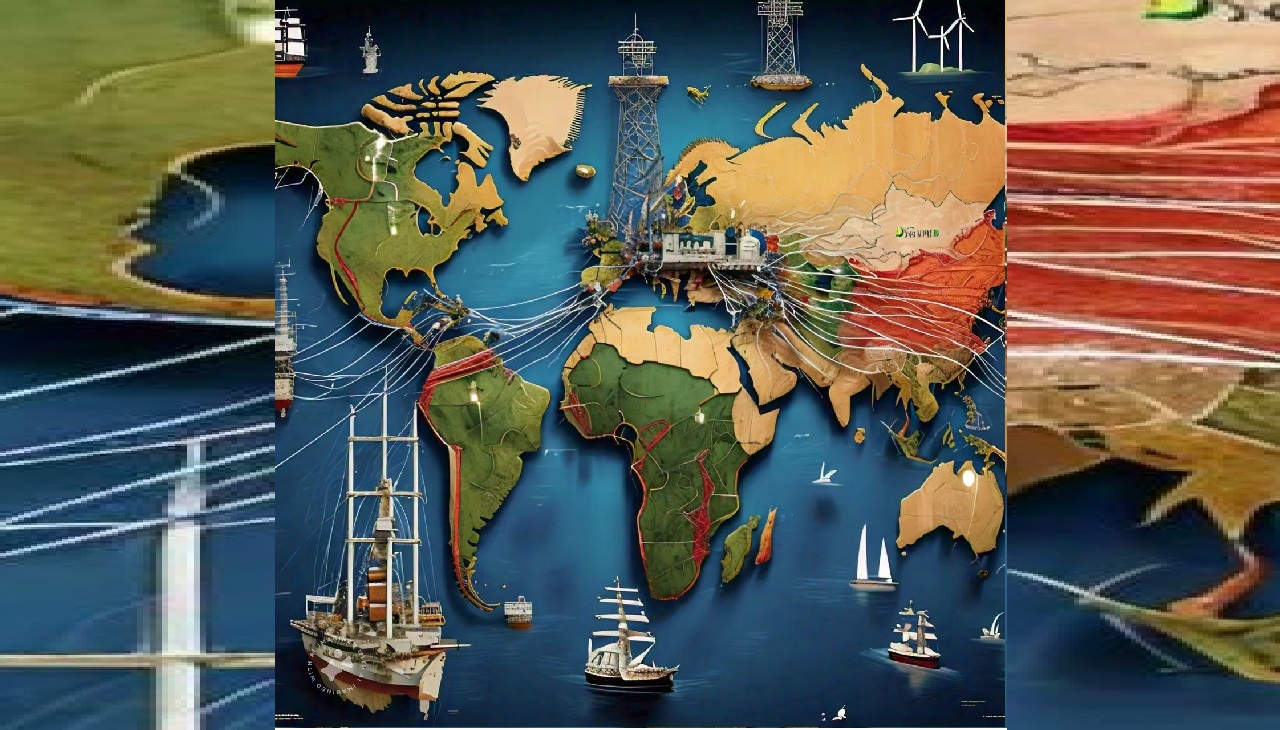
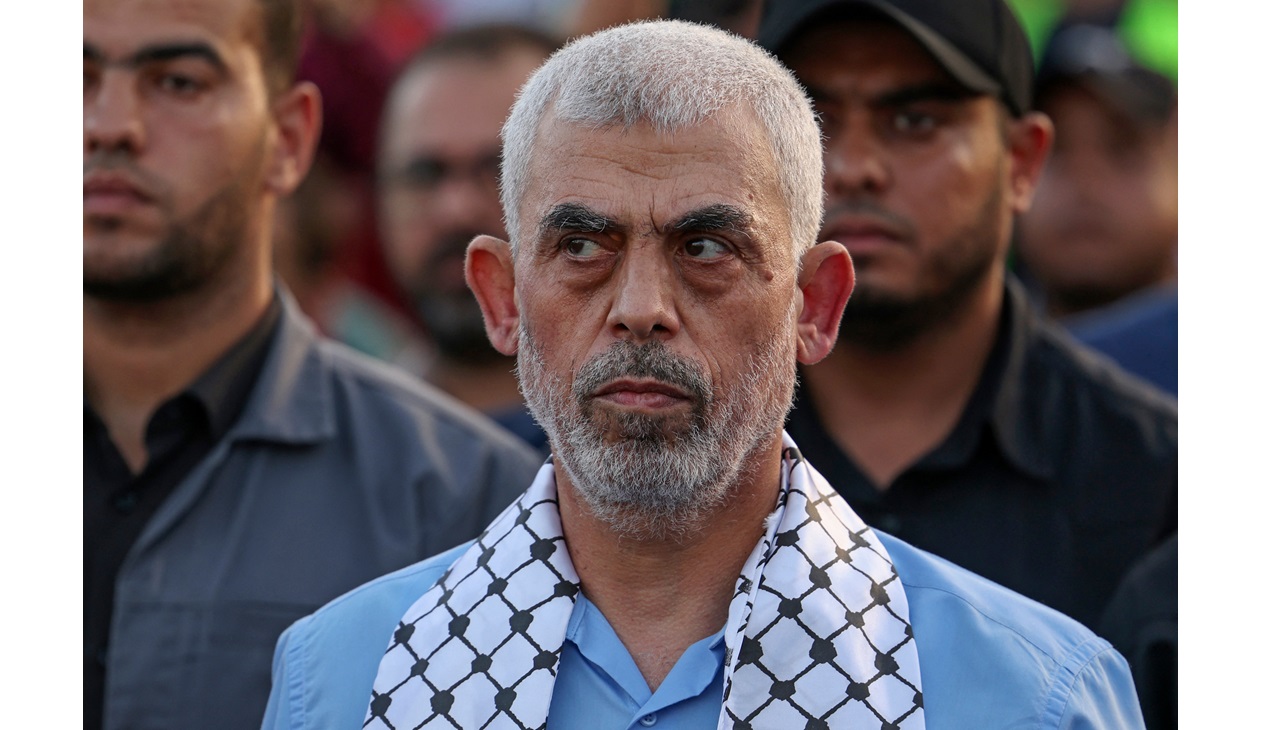
DEJE UN COMENTARIO:
¡Únete a la discusión! Deja un comentario.